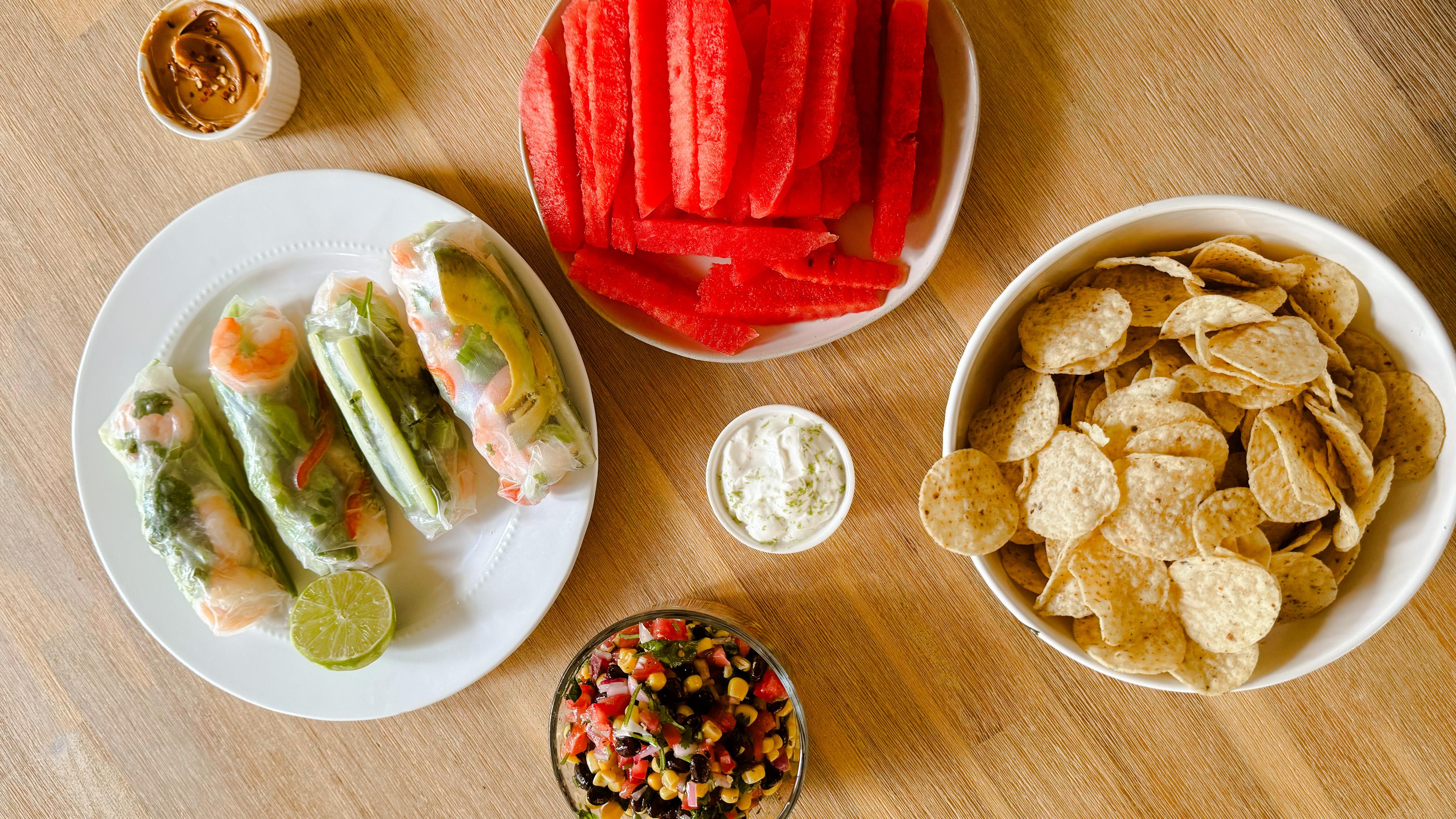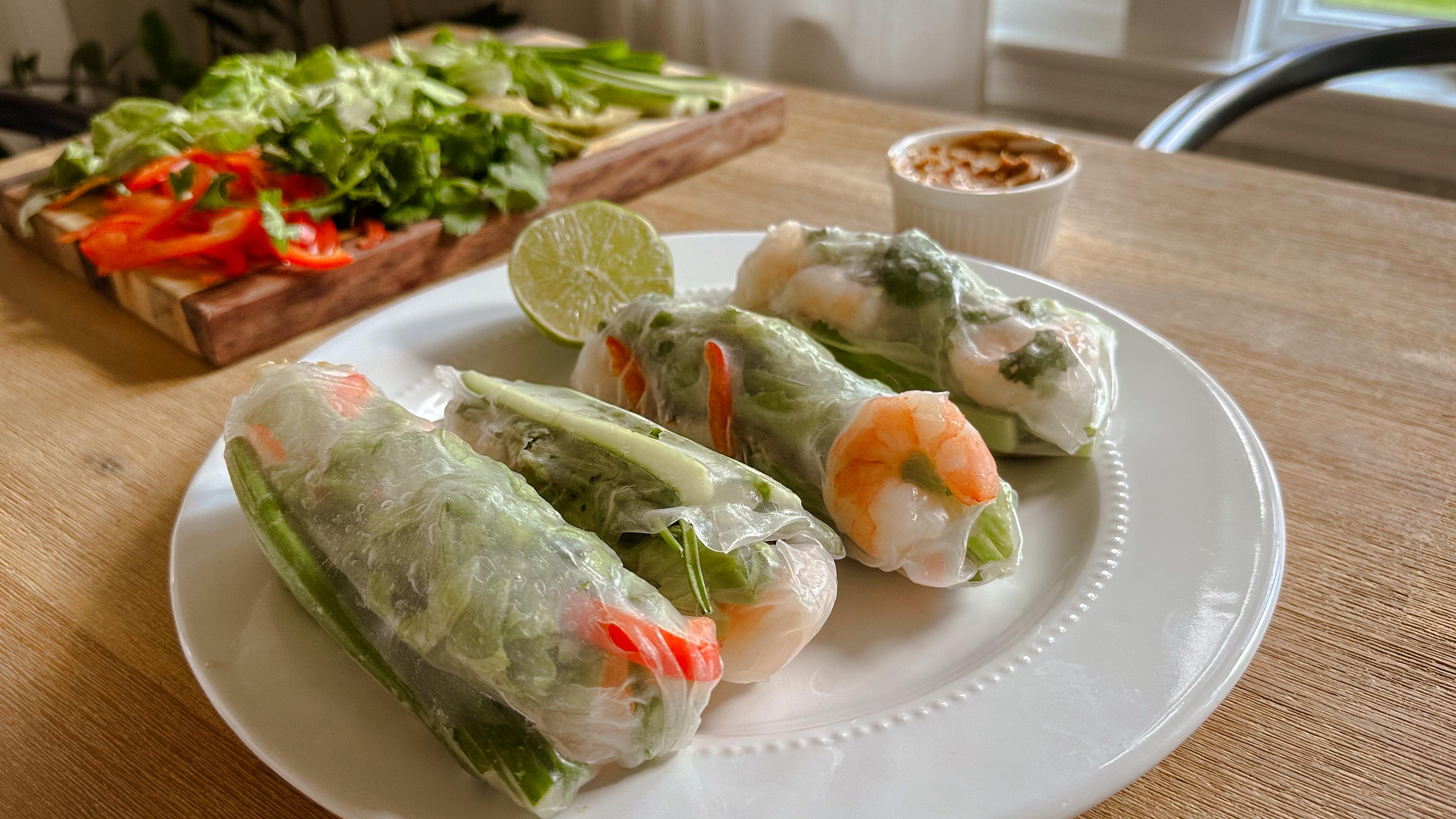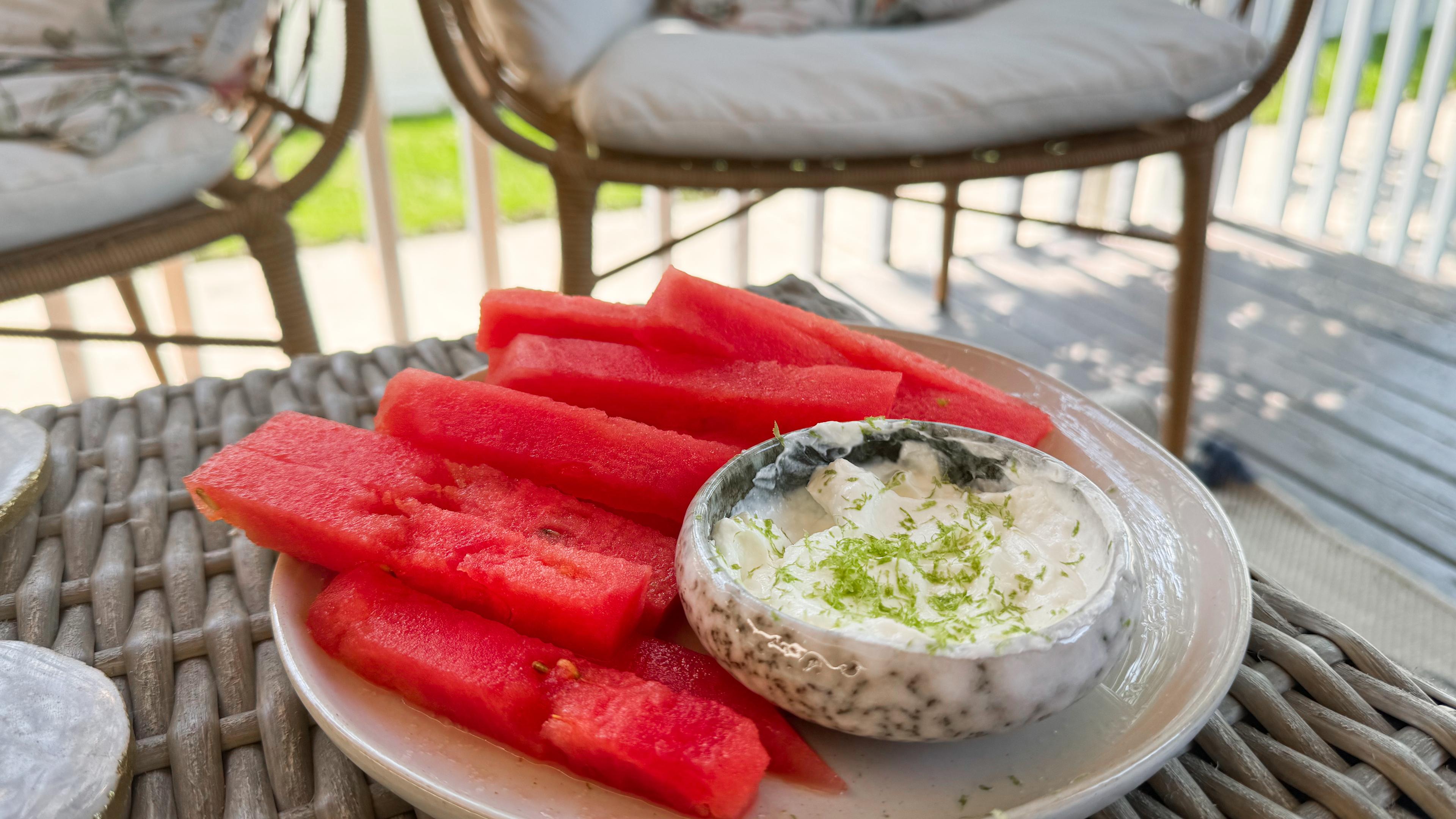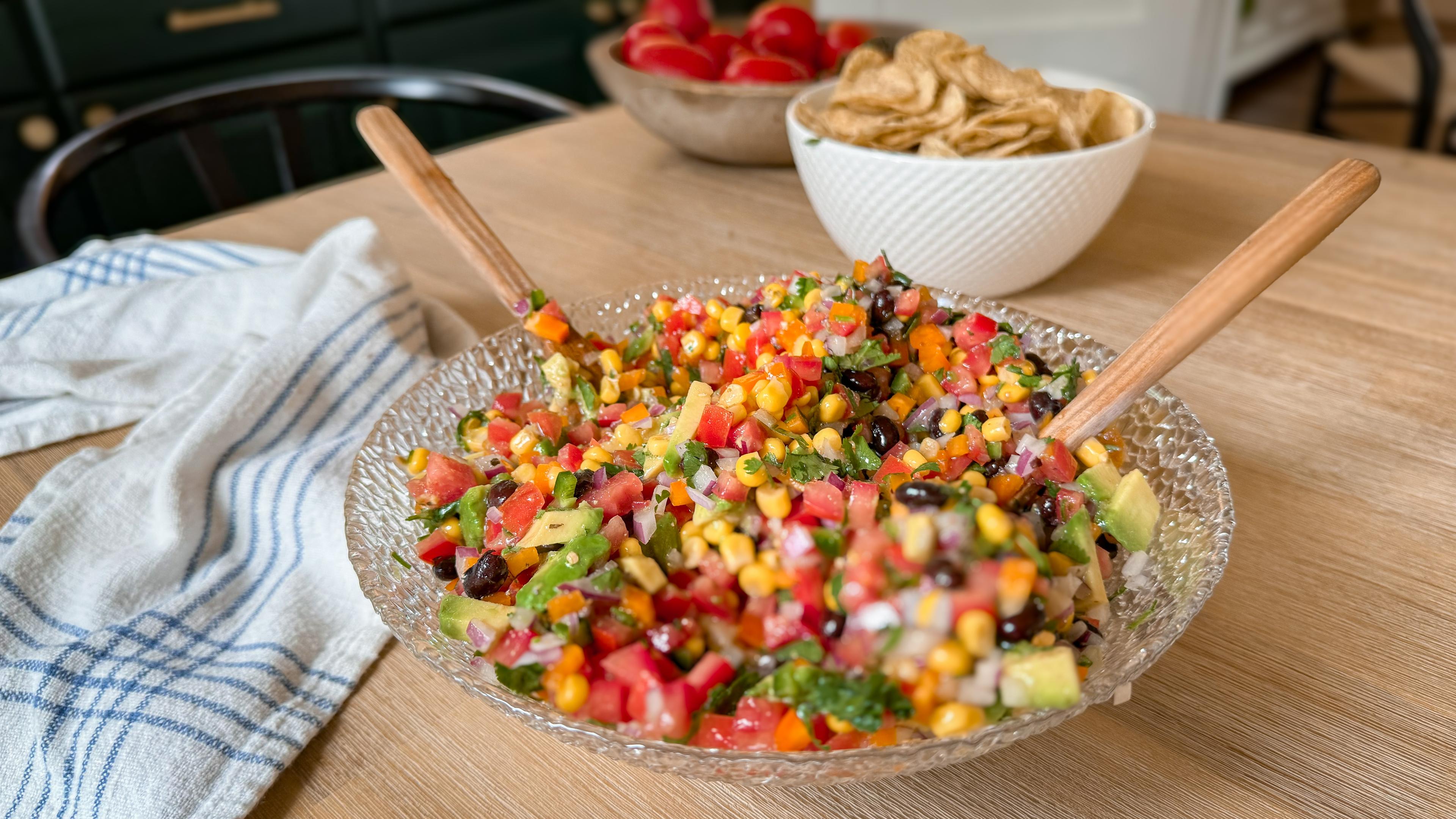How to Grill Vegetables the Right Way
Shandra Martinez
| 4 min read
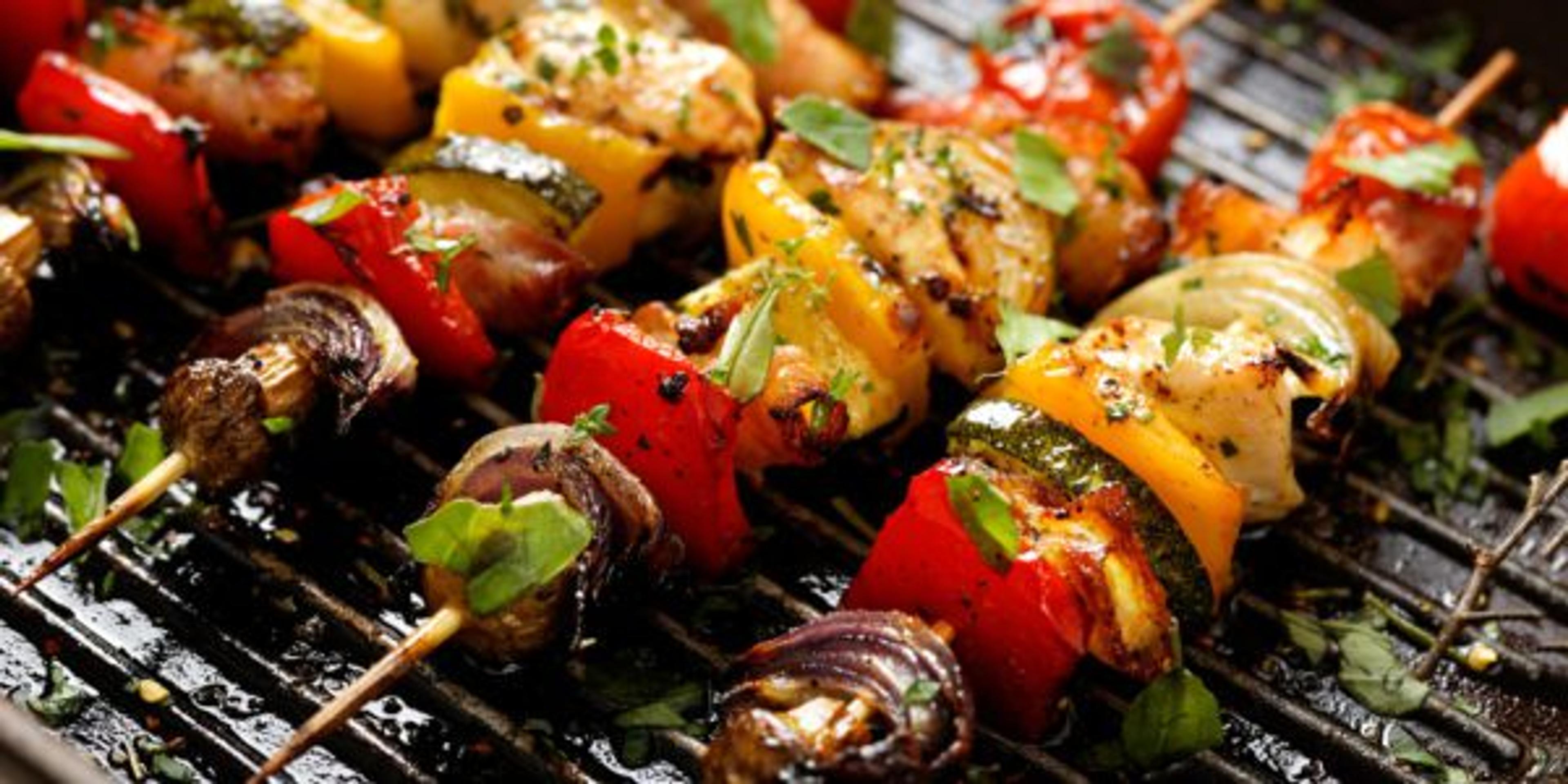
Americans love cooking on a grill. Whether you’re laying a thick-cut steak over the coals or turning juicy brats over a gas flame, grilling food has turned into a four-season formula for fun family meals and gatherings with friends.
However, meat isn’t the only kind of food that pairs well with a grill. If you haven’t embraced grilled vegetables, now is the time to expand your skills.
Grilling can be a fast way to get great-tasting vegetables and cooking them at the same time as your protein makes meal prep and clean-up easy. But there are some tricks to getting the best-tasting veggies. Here’s how to grill vegetables the right way.
First, know that there are lots of vegetables that can be grilled with tasty results – even some that you might not associate with high heat, like some kinds of lettuces and greens. While eating vegetables in their raw form ensures you get the most nutrients, quick cooking methods like grilling still deliver a big dose of health benefits as well as some great flavors.
Gas vs. charcoal. The type of grill you use to sear vegetables is all about personal taste and what equipment you have on hand. Some people love the speed and ease of a gas grill while others appreciate the cooked-over-coals flavor of charcoal.
Raw vs. oils and marinades. If your aim is to cut calories and unnecessary additives, there’s no need to toss your veggies in oil or sauce-like marinades. Grilling them raw will still allow them to cook and bring out good flavor. But if you like added flavor, go ahead and dress them up with some oil, herbs and spices. Either put the oils and seasonings in a bowl and toss the sliced vegetables to lightly coat them, or whisk a marinade in a small bowl and apply to the vegetables with a brush before grilling. **Tip: if using oil, keep a close eye on the vegetables to avoid burning them.
Kebabs. If you’re up for using a mix of vegetables, try grilling them kebab-style. Some winners for this include zucchini, mushrooms, sweet onions and colorful peppers. The Mayo Clinic suggests trying them this way:
- Soak some wooden skewers in water for about 30 minutes, or use metal skewers
- Wash vegetables, peel onion
- Cut the vegetables into pieces, roughly the same size
- Thread onto the skewers
- Optional: Brush with seasoned oil
- Place the loaded skewers on the grill, turning every couple of minutes as each side browns
Cooking methods
There are two different ways to grill vegetables, depending on what kind you are using. The New York Times put together a vegetable grilling guide that separates vegetables into two camps: those best cooked over high, direct heat and others that benefit from a longer session over low, indirect heat.
Here’s a quick list of which vegetables fall under which category:
Direct heat. If you’re working with thick vegetables, like zucchini or a head of romaine lettuce, cut them in half lengthwise. Smaller or thinner vegetables can be grilled whole, while veggies like sweet potatoes and sweet onions can be sliced thick. Grill these over a medium-high heat section of the grate, then take them off once they are browned on all sides. Vegetables that can be cooked over direct heat include:
- Avocados
- Peppers
- Summer squash and zucchini
- Onions
- Bok choy
- Tomatoes
- Asparagus
- Fennel
Indirect heat. This is just what it sounds like. It’s grilling heavier vegetables over a spot on the grill that’s at a lower heat. They cook longer, sometimes up to an hour, and the grill is typically covered to seal in the heat. Vegetables that can be left whole or cut in half and grilled with indirect heat include:
- White, yellow or red potatoes
- Sweet potatoes
- Carrots
- Parsnips
- Dense squashes like acorn or butternut
Related content:
Photo credit: Getty Images

